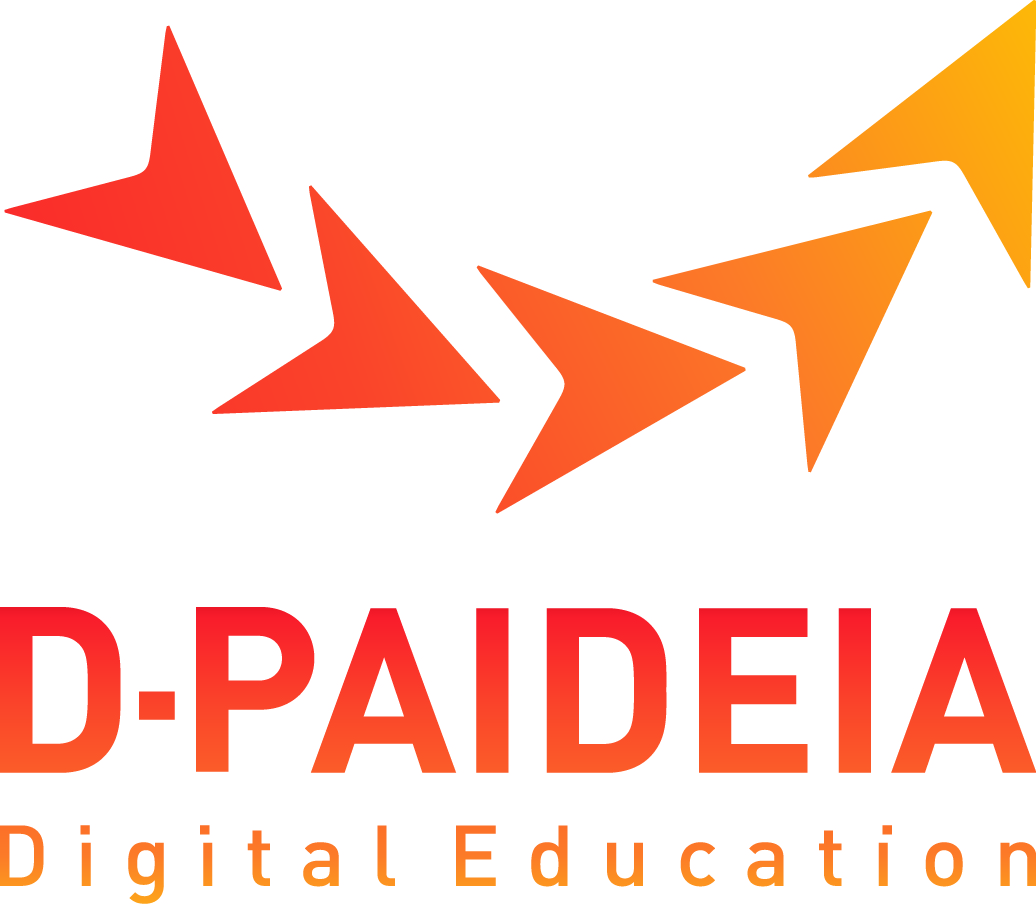In today’s digital age, technology has become an integral part of education. From online learning platforms to interactive whiteboards, there are a plethora of digital tools available to educators. In this blog post, we will explore five digital tools that every educator should know about.
- Learning Management Systems (LMS) Learning Management Systems (LMS) are online platforms that allow educators to manage and deliver course content, monitor student progress, and provide feedback. LMS platforms like Moodle, Blackboard, and Canvas are widely used in higher education and are becoming increasingly popular in K-12 classrooms as well.
- Educational Apps Educational apps can be used to enhance learning experiences and engage students in a variety of subjects. Apps like Kahoot!, Quizlet, and Duolingo provide interactive and engaging learning experiences that students enjoy.
- Digital Whiteboards Digital whiteboards, like the popular SMART Board, are interactive displays that allow teachers to project images, videos, and other digital content onto a board. Teachers can write on the board using digital pens, and students can interact with the content using touch or stylus inputs.
- Video Conferencing Video conferencing tools like Zoom and Google Meet have become essential for online learning during the pandemic. However, these tools can also be used for virtual field trips, guest lectures, and collaboration with other classrooms around the world.
- Classroom Management Software Classroom management software like ClassDojo, Seesaw, and Remind allow teachers to communicate with parents, share student work, and manage classroom behavior. These tools can help to streamline classroom operations and save time for educators.
In conclusion, digital tools have become an integral part of education, and it’s essential for educators to stay up-to-date with the latest technologies. Learning Management Systems, educational apps, digital whiteboards, video conferencing, and classroom management software are just a few examples of the many digital tools available to educators. At D-PAIDEIA, we are committed to providing educators with the resources they need to develop their digital competences and enhance student learning. Join us today and take the first step towards a digital future.
